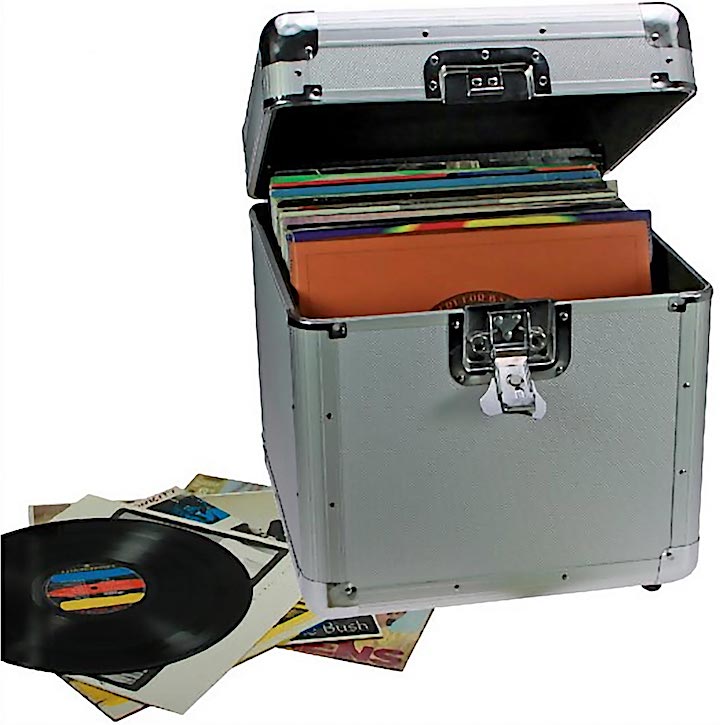7 Steps To Improving Your DJ Music Programming
1: Build your back catalogue
DJs refer to older music as their “back catalogue”. To determine which songs you’ll want to have in your back catalogue, you can:
- Research playlists online
- Use services that generate playlists for you, like Pandora, to explore certain genres and sounds
- Join a DJ group on Facebook and ask for input
- Use the Direct Music Service record pool (considered to have the best “back catalogue” of the big DJ pools) and go through their Decades tabs–they have DJ edits of the top songs going back to the 1950s
- Check curated playlists (many record pools, including Direct Music Service and BPM Supreme, provide these)
- Scan through the annual top requested wedding songs lists from DJIntelligence.com (DJIntelligence is a CRM program where brides and grooms can upload wedding requests and playlists for their DJs)
The point is that without a decent selection of music to choose from, your programming falls down at the first hurdle – but equally, it’s important to choose carefully, because you don’t want music you can’t use or are never going to use clogging up your library.
2. Develop a new music system
Downloading and staying on top of new music should be something you do regularly in a systematic way for your DJ music programming, so you don’t miss anything. If you truly invest in trying out as much new music as you can, you will start to find “gems” that others overlook. Playing these treasures at the right moment can really help differentiate you from the “average Jane”. Here are some places to try:
- Check iTunes or Spotify’s list of top songs or downloads
- Check DJ music pool new music areas
- Listen to any local radio stations that broadcast a “top 10 at 10pm” kind of thing where they play the 10 most requested songs of the day (ditto for “chart shows”)
While you are driving, exercising, or sitting at your desk, listen to music from such sources, take notes or screenshots, then start downloading!
Commit to checking for new music weekly or at least monthly — you don’t want to do it any less frequently than this. DJs playing out at big clubs three or four times a week are checking for new music almost daily.
Also, listen to your instincts… is there a certain new artist who strikes you as special? If so, maybe you should deep dive into their catalogue and see if you can find any hidden gems.
3. Cultivate your sound
Not every DJ is expected to have or know every song. You are free to further explore house music over hip hop or Latin over country as it suits your own personal brand. There is no need to have every song ever made. It’s more valuable to know a niche of music well (say 90s R&B or music for country line dancing) than to try to be a jack-of-all-trades.
Focus your time and energy where you most need it. If you mainly DJ weddings, don’t worry about studying Drum & Bass, for instance – but equally, if you are a Drum & Bass DJ, the latest Maluma song doesn’t need to be a high priority.
Having a specialty “sound” or genres that you know better than others can help you market yourself and differentiate yourself from the competition. For example, as a female DJ, I do tons of female empowerment events. Therefore, I focused more energy on digging through Beyonce’s “Lemonade” album than the average DJ, and am likely to make sure I have a house remix of Dolly Parton’s “9 to 5”. I never DJ proms or school dances, though, so apart from the real mainstream stuff, I don’t focus on every trap song that get released.









![Your 5 Proven Steps To DJing Like a Pro, Part 3: Mixing [Summer School Podcast] Your 5 Proven Steps To DJing Like a Pro, Part 3: Mixing [Summer School Podcast]](https://cdn.digitaldjtips.com/app/uploads/2024/07/18215143/summerpodcastfeat-150x150.jpg)
![Best Beginner DJ Gear, Mac VS Windows, Fixing Beatgrids [Live Q&A] Best Beginner DJ Gear, Mac VS Windows, Fixing Beatgrids [Live Q&A]](https://cdn.digitaldjtips.com/app/uploads/2024/09/19183008/19-sept-blank-WEBSITE-150x150.jpg)